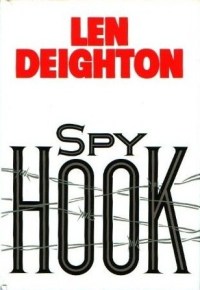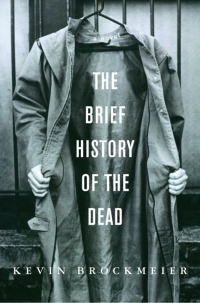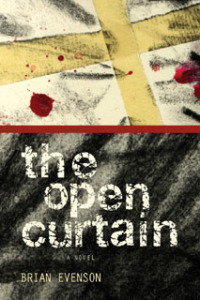The Dramatist by Ken Bruen
 Monday, November 22, 2010 at 6:34PM
Monday, November 22, 2010 at 6:34PM 
First published in 2004
The Dramatist is the fourth in a series of novels that chronicle the struggles of Jack Taylor, adding depth to Bruen's well drawn character, a fired cop and recovering alcoholic turned half-hearted private investigator in Galway. The prose style established in the companion novels continues here: clean, concise, and forceful. The plot includes a literary twist: Taylor's former (now imprisoned) drug dealer asks him to investigate the death of a college student found with a broken neck, a copy of The Playboy of the Western World under her body.
Like the other Jack Taylor novels, the plot is secondary to the drama that unfolds in Taylor's life, and there's plenty of it here, involving his mother, who lives in a dilapidated nursing home, his ex-wife, whose jealous new husband gives Taylor a beating, and the bartender who is one of his only true friends until that relationship sours. Along the way Taylor is suspected of murder, experiences violence at the hands of an extremist group called the Pikemen, and engages in a bit of violence himself while struggling to maintain his precarious sobriety. Then, just when you think nothing worse could happen to poor Jack, there's a sudden, shocking ending that would seem manipulative or forced in the hands of a lesser talent.
The novel moves at such a furious pace you might find yourself stopping now and then to catch your breath. Those breaks provide time to wonder just how much pain Jack can endure -- and whether he'll ever make for himself the life of peace and decency he craves. I can't help cheering for him and at the same time wondering what he'll encounter in the next novel.
RECOMMENDED




